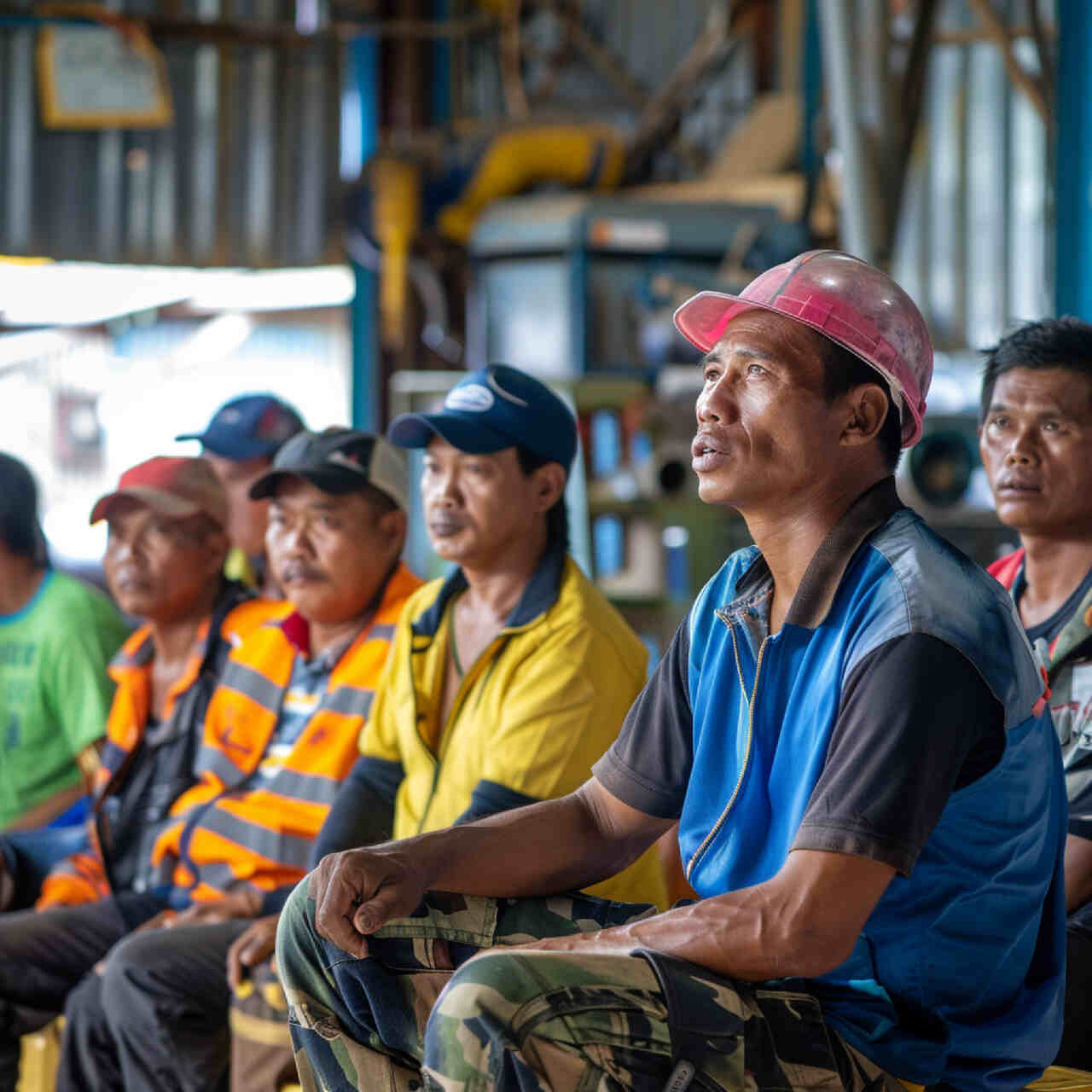The House Committee on Overseas Workers Affairs is pushing for a dedicated social security system tailored for overseas Filipino workers (OFWs), addressing their specific social and financial security needs. During a recent hearing, KABAYAN Party-list Representative Ron Salo highlighted that House Bill No. 8574, known as the “Kabayan OFW Pension Act,” aims to establish a separate social security and pension framework specifically for OFWs. According to Salo, this system would offer comprehensive support for OFWs in areas like job loss, disability, and retirement, giving them a secure financial foundation as they return from years of working abroad.

Rep. Salo emphasized the urgent need for a system exclusively for OFWs, noting that many OFWs face financial insecurity in their later years despite years of contributing to the national economy. “This bill would give OFWs the social protection they deserve, including retirement benefits that grant dignity and peace of mind in their old age,” he said. The proposed pension fund, along with benefits for disability and death, would create a safety net to ensure that migrant workers and their families are supported in challenging times.
Expanding Support for Returning OFWs
Beyond pensions, the House panel also examined the current assistance programs provided to returning OFWs affected by crises, such as natural disasters and conflicts abroad. Representatives from the Department of Migrant Workers (DMW) and the Overseas Workers Welfare Administration (OWWA) presented an update on initiatives addressing immediate needs like legal, medical, and humanitarian support for OFWs. The PHP1.2 billion action fund managed by the DMW has provided aid to 5,325 OFWs affected by major incidents, including the earthquake in Turkey and conflicts in Sudan and Israel. Assistance for qualified OFWs can reach PHP50,000, particularly for those affected by conflict zones.
DMW Officer-in-Charge, Atty. Hans Leo Cacdac, assured lawmakers that resources are distributed to support OFWs in distress. He noted that as of April 2023, the agency has begun offering aid to eligible recipients, including funds specifically allocated for severe circumstances faced by workers abroad.
Reintegration Programs from OWWA
OWWA Director Jocelyn Hapal discussed additional support programs available to OFWs upon their return, which include financial planning, skills training, and counseling. For departing workers, OWWA provides pre-departure orientations to better prepare them for working abroad. “Through profiling, we can better understand returnees’ qualifications and needs, enabling us to tailor reintegration support effectively,” she stated. OWWA also offers specialized reintegration assistance, covering disability and death benefits, livelihood training, and educational grants for dependents of OFWs, further strengthening the support network for migrant workers and their families.
Legislative Priority to Strengthen OFW Welfare
Speaker Martin Romualdez has instructed the committee to prioritize OFW welfare bills, particularly with the ongoing Israel-Hamas conflict prompting the urgent return of OFWs to the Philippines. Salo reiterated his committee’s dedication to pushing legislative solutions that uphold OFWs’ rights and improve their integration into Philippine society. “This separate social security system is not just a financial instrument but a means of showing gratitude for OFWs’ sacrifices and contributions,” Salo said, highlighting that the measure aligns with President Ferdinand Marcos Jr.’s mission to provide meaningful support for the Filipino diaspora.
Summary
The proposed “Kabayan OFW Pension Act” advocates for a dedicated social security and pension system to meet OFWs’ distinct needs, including financial security during retirement and immediate assistance during crises. House Bill No. 8574, alongside current DMW and OWWA programs, seeks to provide comprehensive support to Filipino migrant workers, ensuring their social security and smoother reintegration into the Philippine economy and society.
